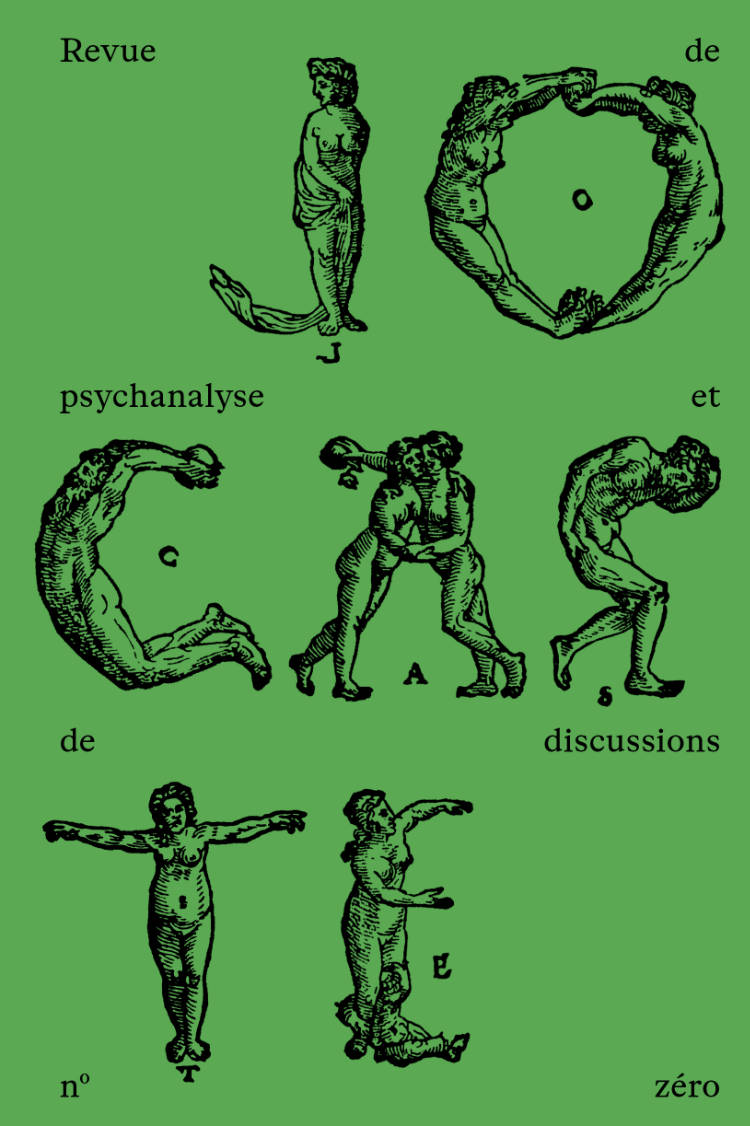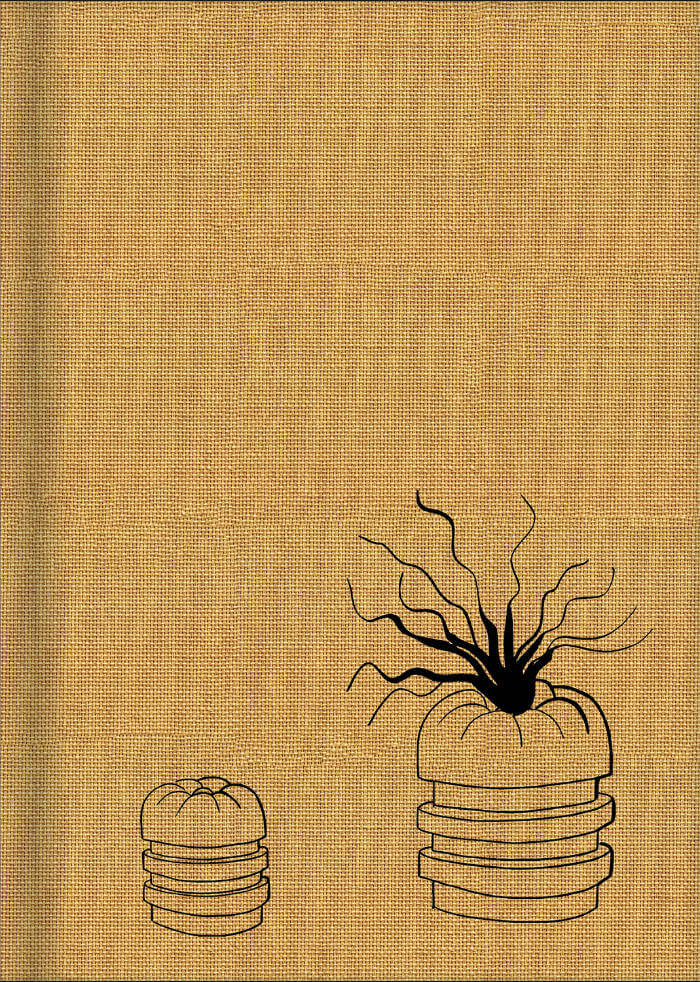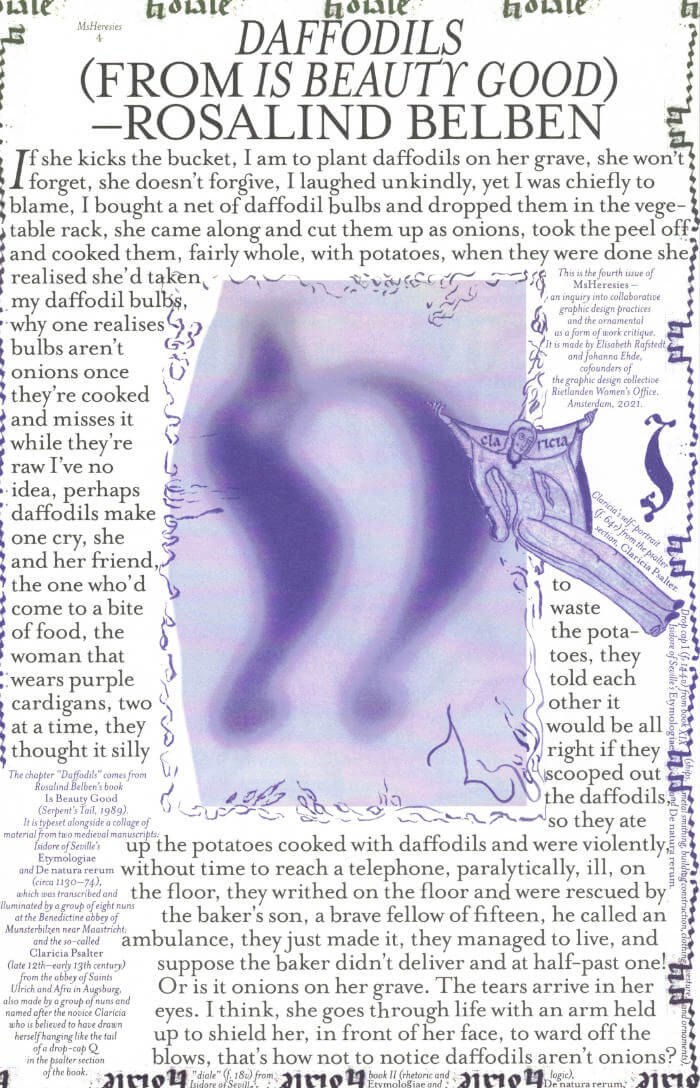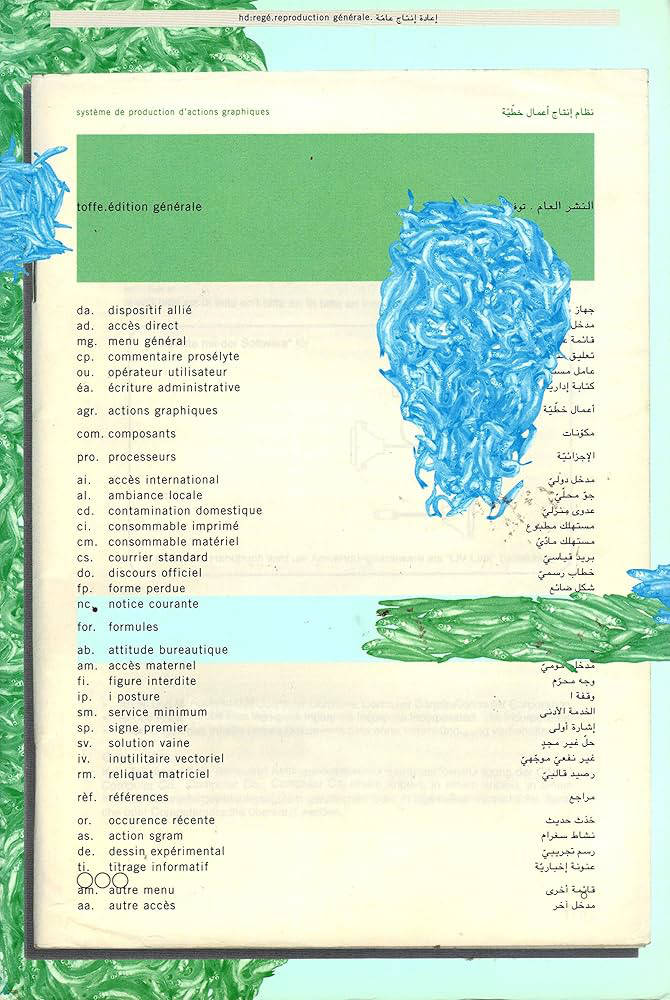
Revue Faire n°25: Exhibition Views?
Photographs of works of art in an exhibition or studio setting, enlarged to the size of the wall, have become an essential and increasingly systematic element of contemporary museography. The institutional curator accompanied by his or her set designer, and the independent curator, both use them as much to recontextualize works as for their aesthetic qualities as documentary images that have become immersive and reflexive.
The obviously richer relationship that artists have with these unique images reveals in various ways what is currently at stake in the act of exhibiting.
To create a kind of retrospective of his work, in 2016 Johnathan Monk debuted a series of exhibitions entitled Exhibit Model*, which consisted of covering the walls of the exhibition space with archive photographs that documented his work in different contexts over the last 20 years. Marie J. Jean considers these staged exhibition views as a form of augmented reality: “This manner of considering the exhibition, in other words, of exhibiting the work along with the context of its appearance, reminds us that the work of art “is a place”, “establishes a place”, is “a has taken place**”.
However for Johnathan Monk, who often uses the work of other artists, isn’t it simply a way in which to appropriate his own work?”
Language: English







